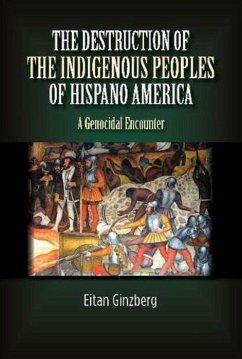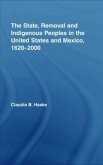It was not the original intention of the Spanish to harm the Hispanic-American natives. The Spanish Crown, Councils and Church considered the natives free and intelligent vassals entitled to be embraced by Christianity and by the Hispanic civil culture. However, at the same time it was the monarchys decision to exploit the natives as taxpayers and as a reservoir of forced labor that made its rule in America exceptionally destructive. The recruitment of the natives to serve the interests of the Spanish Empire under what can only be considered near to slave conditions, compounded by systematic annihilation of their cultures and by cyclical epidemics, led to the near total eradication of the Indians. The book narrates the story of the Spanish conquest and the widespread violations against the Hispanic-American natives. The author ponders on the question why the Spanish Crown and the Church failed to apply the necessary measures to effectively protect the natives, particularly during the first years of the conquest and its aftermaths, when exploitation practices were gradually formed and implemented. The author further enquires how exploitation on this scale was made possible despite a constant flow of reports emphasizing the clear and present danger to the very existence of the natives and the profound, ongoing debates, led by most prominent intellectuals of the time, challenging its justification. Based upon primary sources and current research on the relationship between colonialism and genocide, this book examines whether the Spanish actions were genocidal. What lies at the heart of the issue is whether the wide range of exploitative acts implies ministerial responsibility of the Crown and its Councils in Spain, Crowns agents in America, or whether the destruction of the native population resulted from unplanned but acute circumstances, making it impossible to place the blame on specific persons or institutions.








